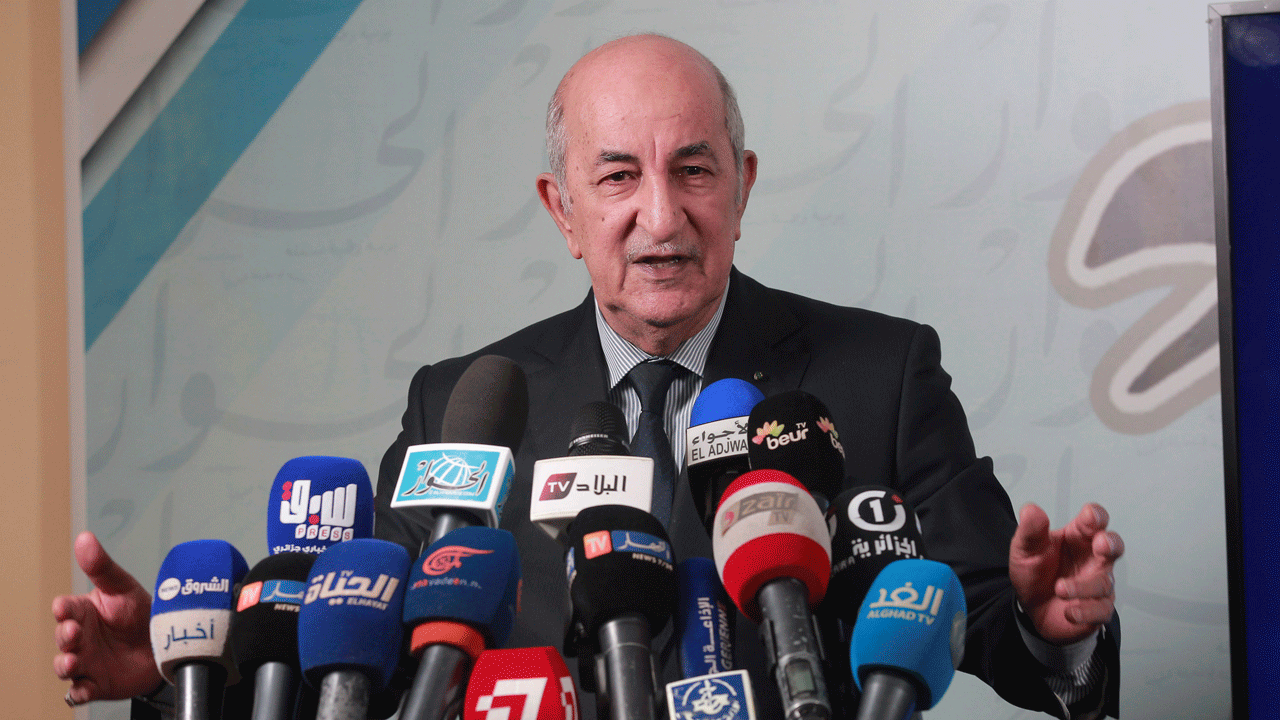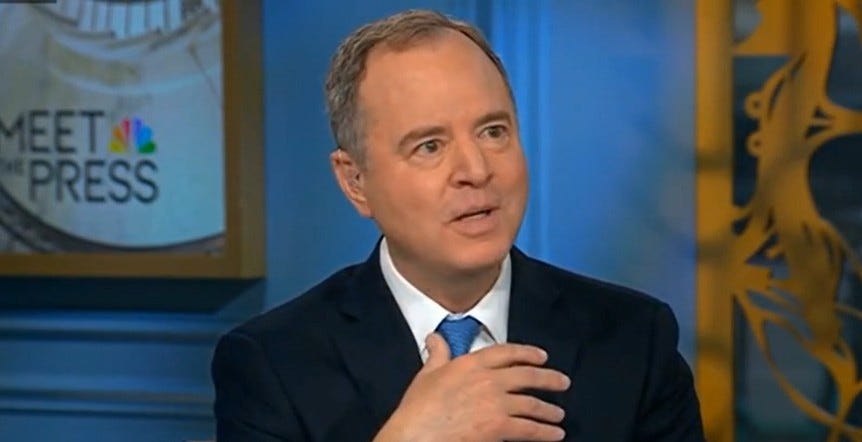
Saudi National Bank chairman Ammar Al Khudairy’s comments last week may end up being one of the most expensive answers delivered on television.
On Sunday, UBS announced that it would take over its rival Credit Suisse for $3.2 billion, in a deal shepherded by Swiss regulators in order to head off financial panic. That’s significantly less than the $8 billion the bank was worth on market close Friday.
Saudi National Bank, Credit Suisse’s largest shareholder, will see the value of its stake, purchased for $1.5 billion in October, drop by $1.2 billion after the UBS deal, according to Bloomberg.
Comments from Ammar al Khudairy on Wednesday precipitated Credit Suisse’s crisis. When asked by a Bloomberg reporter whether the Saudi bank was willing to invest more money in Credit Suisse if it required more funds, al Khudairy bluntly responded “the answer is absolutely not,” citing regulatory reasons.
“If we go above 10%, all new rules kick in,” said al Khudairy, explaining why the Saudi bank wouldn’t go beyond its current 9.9% stake.
The comment spooked Credit Suisse investors and customers, who had already gone through years of bad news, including scandals, constant leadership changes, and billion dollar losses. Saudi National Bank itself became Credit Suisse’s largest shareholder as part of a $4.3 billion capital raise the Swiss lender held in 2022 ahead of a planned restructuring.
Credit Suisse shares dropped by 24% the same day as Al Khudairy’s comments, and its bonds sank to distressed levels. By the day’s end, Credit Suisse announced it would borrow as much as $54 billion from the Swiss National Bank, the country’s central bank.
Al Khudairy later tried to walk back his previous comments, saying that Credit Suisse had not asked for assistance, and that the panic his comments sparked was “unwarranted.”
The Saudi National Bank chairman blamed the wider banking crisis, sparked by the failure of Silicon Valley Bank, for why investors jumped on his comments. “If you look at how the entire banking sector has dropped, unfortunately, a lot of people were just looking for excuses,” he told CNBC on Thursday. Yet he still refused to invest more money into Credit Suisse, again blaming regulations.
Al Khudairy’s walk back ended up coming too late: While Credit Suisse shares recovered on Thursday following the lifeline from the Swiss central bank, depositors continued to pull their money from the bank, forcing the Swiss government to shepherd a rescue from fellow bank UBS.
About a fifth of Credit Suisse’s stock was owned by investors from the Middle East, such as the 9.9% stake owned by Saudi National Bank, and the 6.8% stake owned by the Qatar Investment Authority.
Bondholders lose even more
But equity holders like Saudi National Bank are at least getting something in the UBS-Credit Suisse deal. Shareholders are getting one UBS share for every 22.48 shares of Credit Suisse, which UBS calculated was equal to around $0.82 per share. (Credit Suisse shares were trading at around $2 before the weekend)
As part of its takeover of Credit Suisse, UBS is writing down $17 billion in so-called Additional Tier 1 bonds. These bonds were pioneered after the 2008 financial crisis, and are either written down or converted to equity if a bank’s capital buffers fall below a specified level. The $17 billion writedown is the largest in Europe’s AT1 market since its inception.
Some of Credit Suisse’s bondholders are angry that they’re losing everything while shareholders are still getting paid out. “This just makes no sense,” Patrik Kauffmann, a portfolio manager at Aquila Asset Management AG said to Bloomberg. “Seniority in the capital structure need to be respected.”
AT1 bonds in some Asian banks fell by record levels Monday following the wipeout in Credit Suisse bonds.
Saudi National Bank and other Credit Suisse shareholders tried to offer $5 billion in new financing for the bank, in a deal that would have preserved the bank’s bonds, reports the Wall Street Journal. Swiss regulators rejected the offer.
Credit Suisse’s shareholders, like Saudi National Bank, are out of luck if they’re upset about the UBS rescue. The deal does not require approval by the shareholders of either UBS or Credit Suisse, thanks to regulatory changes from the Swiss government.



























































